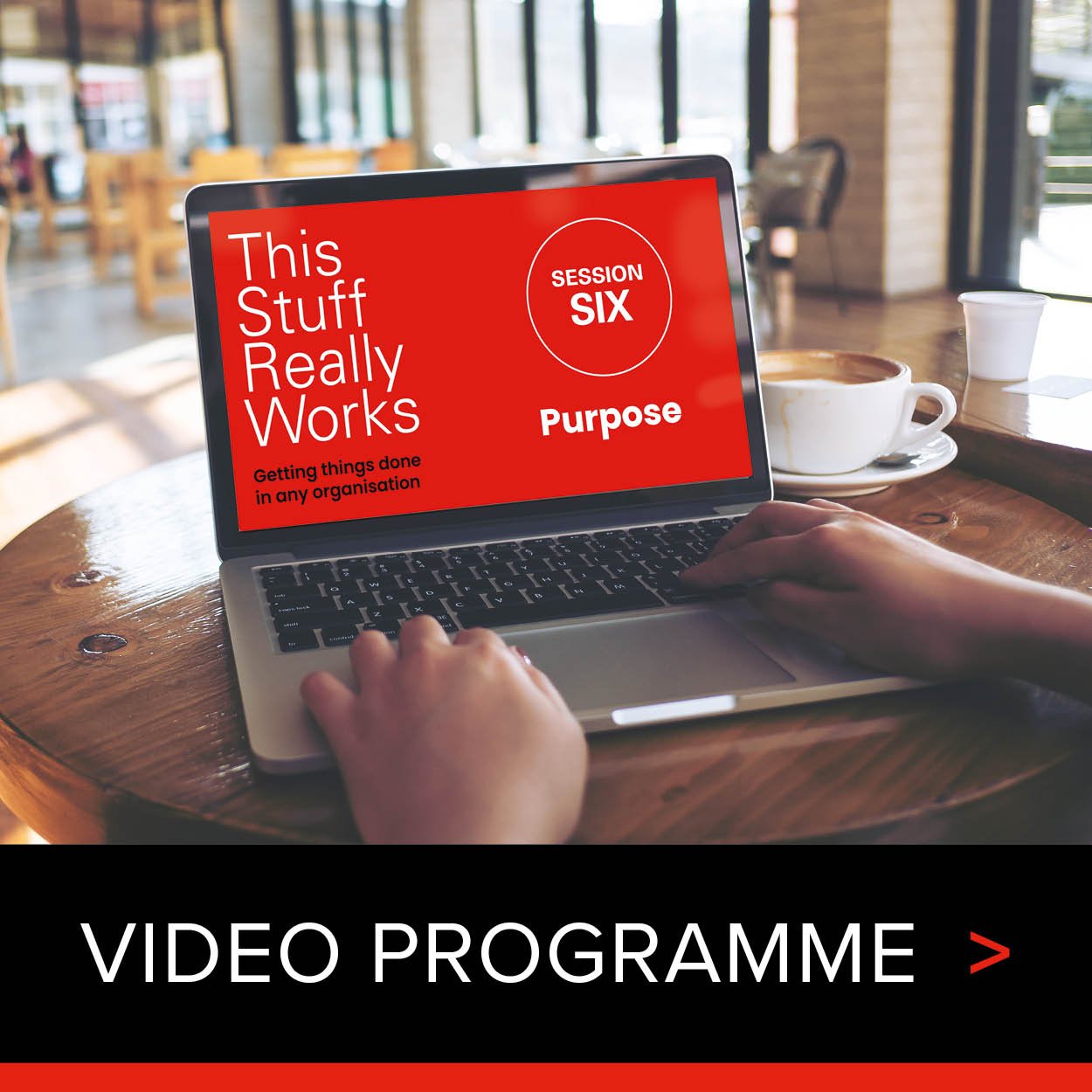I SEE IT. I JUDGE IT.
Marshall Rosenberg, in his book “Nonviolent Communication – a language of life” talks of the difference between observing behaviour and evaluating it.
Now you might be thinking, like I was, that “Nonviolent Communication” is not really a subject in which I would take a deep interest. Am I really exposed to violent communication? Or isn’t that a topic more for those involved in conflict resolution, mediation and so forth?
Well, turns out I was wrong (again…).
I don’t know about you, but one of the things I find most upsetting is being judged.
When my words or actions are, in effect, evaluated against some standard that the observer/hearer has set for me to be measured against.
Simple example?
“You’re very quiet in the meeting (observation). You need to speak up more (evaluation)”.
Answer. “Well, maybe that’s your way of being more influential. But maybe it’s not my way. Maybe I prefer to ponder the meeting contents for longer than you, rather than jumping in, and then come back, perhaps in writing or one-to-one, and make my voice heard that way”.
Other example?
“You’re spending a lot of time on external relationships. You’re never around (observation). You need to spend more time with staff (evaluation)”.
Answer. “I understand that, but you don’t know just how critical some of those stakeholder interactions are right now. So I’m taking a gamble that I can pick up the staff issues later”.
Put another way, in both cases. “Don’t assume I haven’t thought about this. I have thought about it deeply. And I’ve reached a different conclusion from you”.
I am pretty sure that we all do this all the time. Not least cross-culturally, cross-generationally, and across genders.
We observe a behaviour that doesn’t meet our sense of normal/proper/appropriate/moral and we judge it with our words. And too often, we judge it quickly.
It’s violent communication (according to Rosenberg).
It produces resistance and defensiveness to expressed criticism, and breakdown in relationships. And it is very unlikely to produce change.
Marshall Rosenberg is not saying that we cannot evaluate or provide feedback at the right time, and in the right relationship. And he is not saying that the evaluations are necessarily wrong. They might be right! But what he is saying is that combining observation with evaluation is dangerous, particularly when it is done in haste.
I leave it with you. But I find this tremendously helpful and powerful.
Violent communication, it turns out, is all around us. As a coach I should not be falling into this trap. May I listen hard, not presume, and employ wisdom before I speak. May you too.
GOING DEEPER
We now offer a short video programme if you want to go deeper with the types of issue explored in these short stories.


